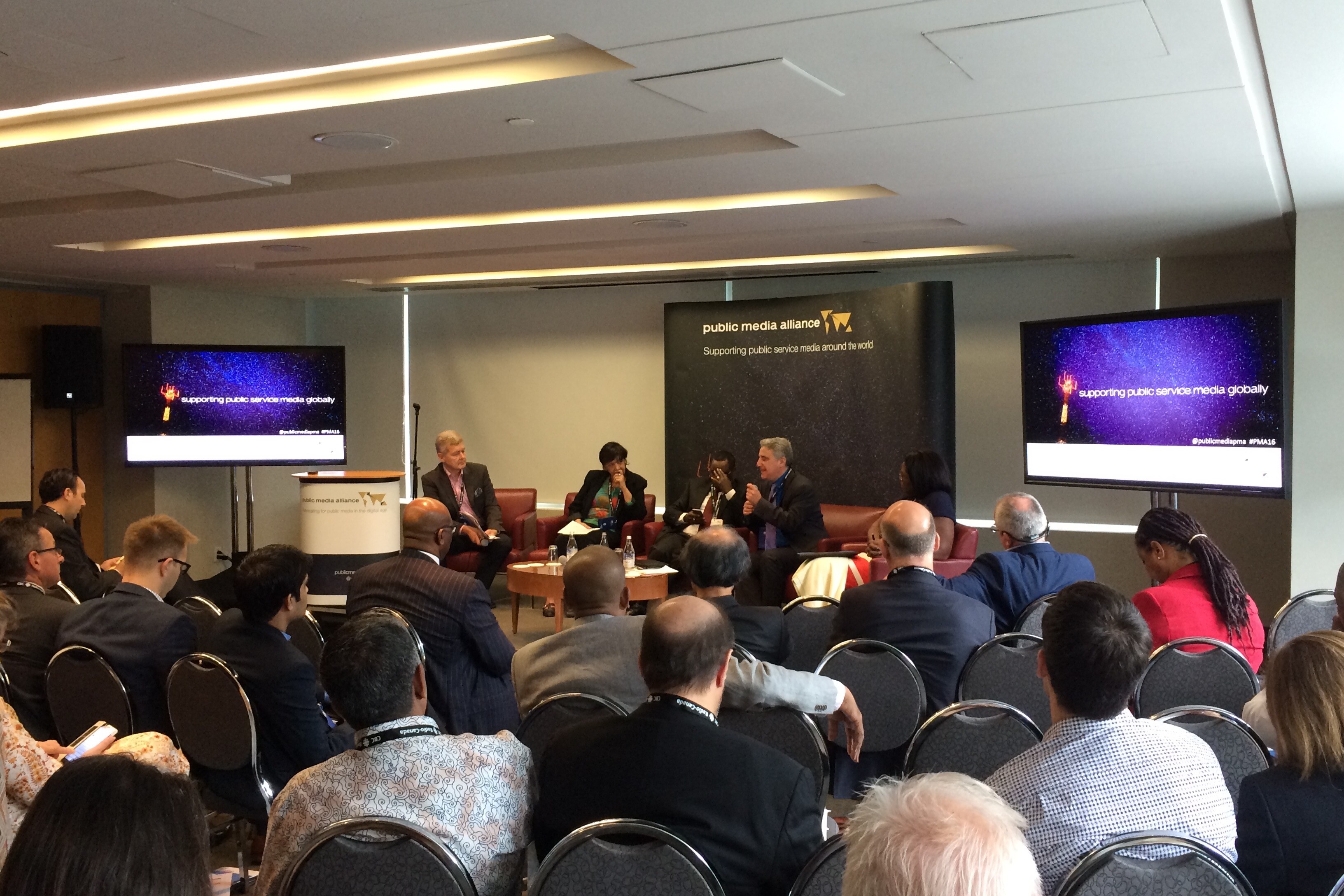The Thomson Foundation are searching for entries for their ‘Best Young Journalist’ category at the Foreign Press Association (FPA) Awards in November.
The Foundation sponsored award encourages young journalists to submit a portfolio of their work – whether its published, broadcast, audio or multimedia – for scrutiny by an esteemed set of FPA judges.
The award is specifically aimed at journalists under the age of 30 and from countries with a Gross National Income (GNI) of below USD$20,000, and is used to highlight their talent to a wider audience. The prize typically attracts entrants from Central America, Africa, India, China, South America, Central Asia and parts of the Middle East.
Three finalists will be chosen and flown to London for two days to attend the gala award night, where they can interact with leading figures from the world of journalism and other award winners.
Read about last year’s finalists
Conditions of entry, according to the Thomson Foundation:
- Age: entrants should be 30, or under, on 29 November, 2016.
- Location: for the purpose of this competition the “developing world” is defined as countries with a GDP per capita of $20,000, or under, according to the 2015 World Bank Index.
- Portfolio: each entrant should submit a portfolio of three published or broadcast pieces of work produced in the 12 months preceding 26 August, 2016 (the 12 months prior to the deadline for submissions). The entries can be in any format: print, audio, video, multimedia, or a combination of all four. Applicants can email their articles as attachments or provide hyperlinks to their stories online. If necessary, they can use a file-transfer application such as WeTransfer for large audio or video files. A written statement of no more than 200 words per story giving a summary of the content and any impact it had on public debate in the country of publication or broadcast, should also be submitted. Download the entry form here.
- Language: entries can be in any language but should be accompanied by a verbatim English-language translation.
- Verification: entries should be accompanied by a letter from the applicant’s current editor, on headed company notepaper verifying that it is the published work of the entrant. Where an entrant is freelance, or self-employed, verification can be provided by an editor from one of the publications/websites/broadcasters where the work appeared, or by a journalism academic familiar with the work of the entrant.
- Plagiarism: checks will be made for plagiarism and any entrant found to have submitted work which is not their own will be automatically disqualified.
Related Posts
10th October 2016
Public Media Alliance sparks dialogue on trust in the media
Last month, Craig Hammer opened the…
